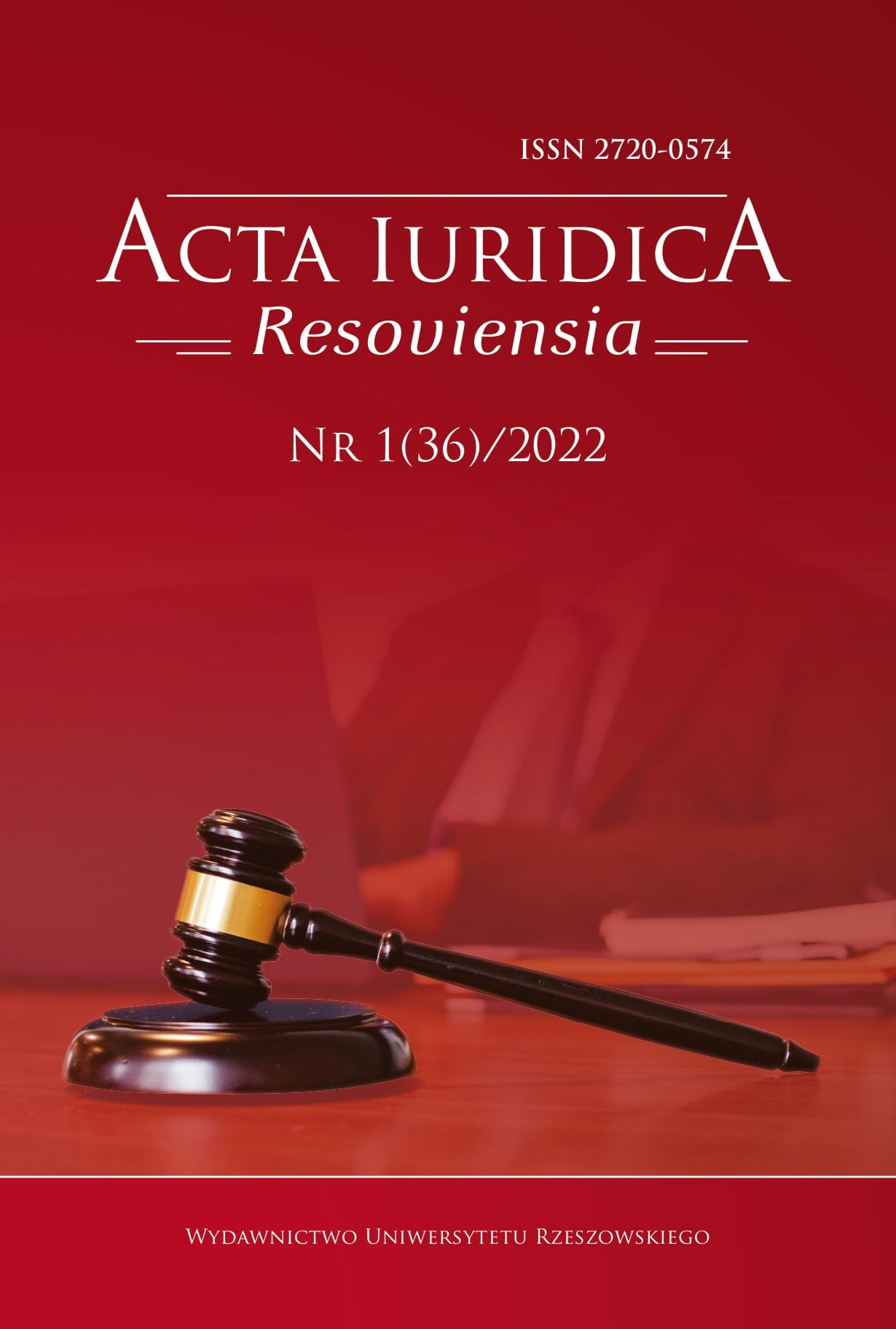Regulatory risk of artificial intelligence. Analysis based on the example of the prohibition of discrimination against persons with disabilities in a pandemic triage situation (German law)
DOI:
https://doi.org/10.15584/actaires.2022.1.16Keywords:
artificial intelligence, prohibition of discrimination, Germany, triage, COVID-19Abstract
The subject of the article is the problem of regulation of artificial intelligence in conceptual terms. The thesis is the formulation that the legislator creating casuistic legal norms gives artificial intelligence room to create its own norms as a procedure of autonomous choice (main thesis). The background for the consideration is the rule prohibiting discrimination against persons with disabilities in a pandemic triage situation (COVID-19). The considerations are divided into four parts, derived from the European Commission’s classification of risks regarding the regulation of artificial intelligence. Each of the four parts of the deliberations is illustrated by a thesis from four judgments of the Federal Constitutional Court, one judgment for each part of the deliberations. The framework for the deliberations is the German legal order. The article is summarised with final conclusions.
Downloads
Downloads
Published
How to Cite
Issue
Section
License
Copyright (c) 2022 Acta Iuridica Resoviensia

This work is licensed under a Creative Commons Attribution-NonCommercial-NoDerivatives 4.0 International License.

